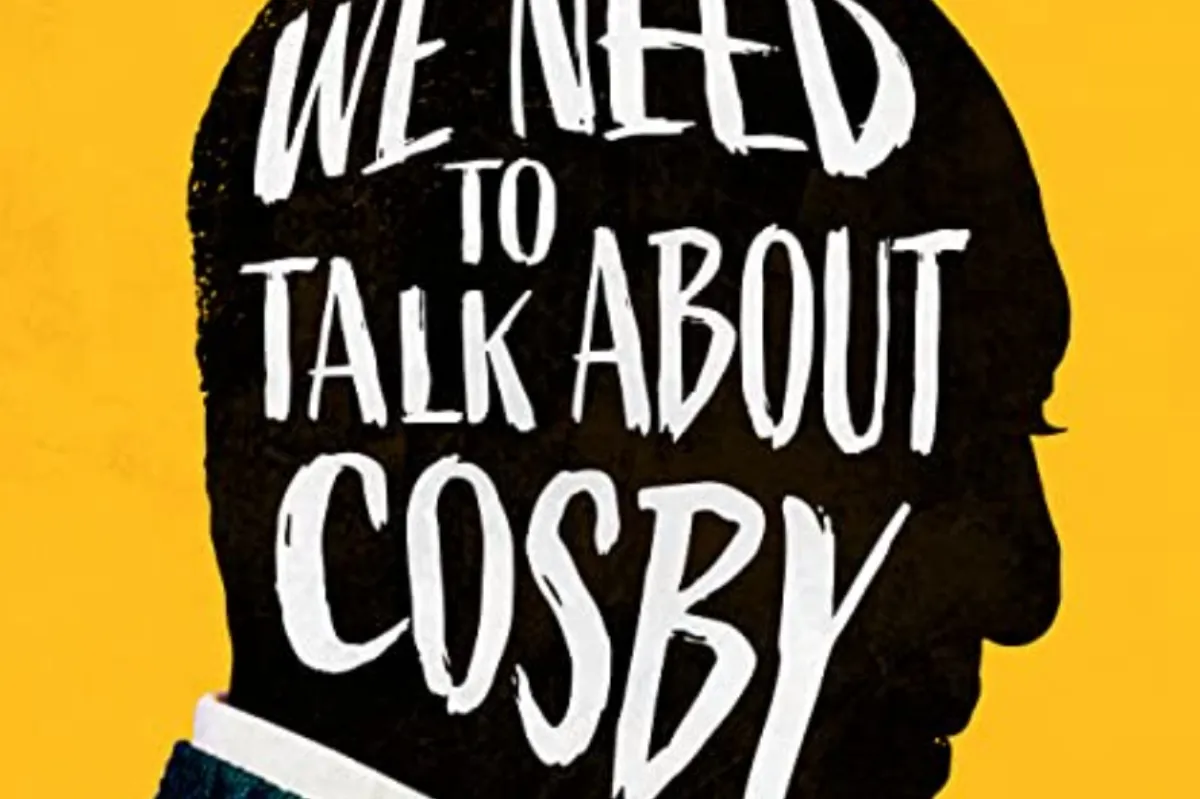Bill Cosby is part of the foundational history of Black American modern pop culture. He is a groundbreaker and trailblazer in Black media. He was also a convicted rapist who only was released on a technicality that caused many of his victims to feel let down and betrayed by the legal system.
In We Need to Talk About Cosby, comedian W. Kamau Bell attempts to illustrate the cultural legacy that caused so much conflict when it came to Cosby, both from within and outside of the Black community.
Due to my age, I was just young enough to miss some of the big Cosby moments. I didn’t actively grow up with The Cosby Show or Fat Albert, but I knew them because of my parents and watched reruns on television.
But Cosby wasn’t my Black ’90s/2000s dad.
Those were Uncle Phil, Frank Mitchell, Oscar Proud, Bernie Mac, and Piccolo.
Still, as someone who knows and understands the importance of representation in media—especially in the ’60s, ’70s, and ’80s—there is no denying that Cosby changed the game, which is something that Bell addresses head-on.
“I feel like he’s a part of the wallpaper of Black America if you were born in that era,” Bell told The Hollywood Reporter. “In the same way that Sidney Poitier, rest in peace, was a part of the wallpaper of Black America, but we had way more access to Bill Cosby because of television and because of how he ran his career. And also, Sidney Poitier wasn’t for kids. Bill Cosby was for both kids and adults.”
While being a “clean” comic who avoided race in his comedy, unlike Dick Gregory, Cosby did, behind the scenes, try to bring about change. Being the first African American man to lead a series in I Spy offered, much like with Sidney Poitier in films, an alternative to the racist, Jim Crow characters that had followed the Black community through different forms of media.
People could see, in Cosby, a smart, Black man who didn’t play second-best to a white man—who could be successful in a room full of white people without embarrassing the culture or playing into stereotypes.
But, as Bell shows, you can see from his early comedy that he repeatedly had jokes about “Spanish Fly,” a type of date rape drug that he used to put in women’s drinks. Those jokes weren’t just in the ’60s; he joked about it in 1991, while also promoting a children’s book.
“I don’t know when I believed, but somewhere between zero and 60 is when I was like, ‘This is real,’” Bell said. “Something is happening here. This is too many women with too many stories. And I also understood sort of implicitly, there is no reason to lie about this because there is no material gain, as much as we think this is all about money for some of these women. There is not enough money in the world to want to be in the public square and be identified as somebody who is accusing a famous man of rape.”
Bell says that the list of people who didn’t want to speak on the record about Cosby greatly overshadowed those who said yes, and watching this documentary was a great reminder of why.
When the O.J. Simpson documentary came out a few years ago, despite its length, it absorbed me, and also, for the first time in my adult life, helped my understand why the Black community stood up for him despite the evidence. For Cosby, it is much the same way.
Entertainment has been one of the few avenues in which Black people could create lives for themselves outside of the restrictions of racism. Even people who hated our skin would still like our music, jokes, and dress.
To see a man from the environments we grew up in, with skin and features like us, “make it,” we raise them up as an example of what we could all be capable of.
That symbolism can become a vice as much as a virtue because it ignores that humans are not meant to be elevated to that kind of place, especially when you can never know the difference between the persona and the person.
The second part in this four-part series will air on Showtime on February 6.
(featured image: Showtime)
—The Mary Sue has a strict comment policy that forbids, but is not limited to, personal insults toward anyone, hate speech, and trolling.—










Published: Jan 31, 2022 06:02 pm